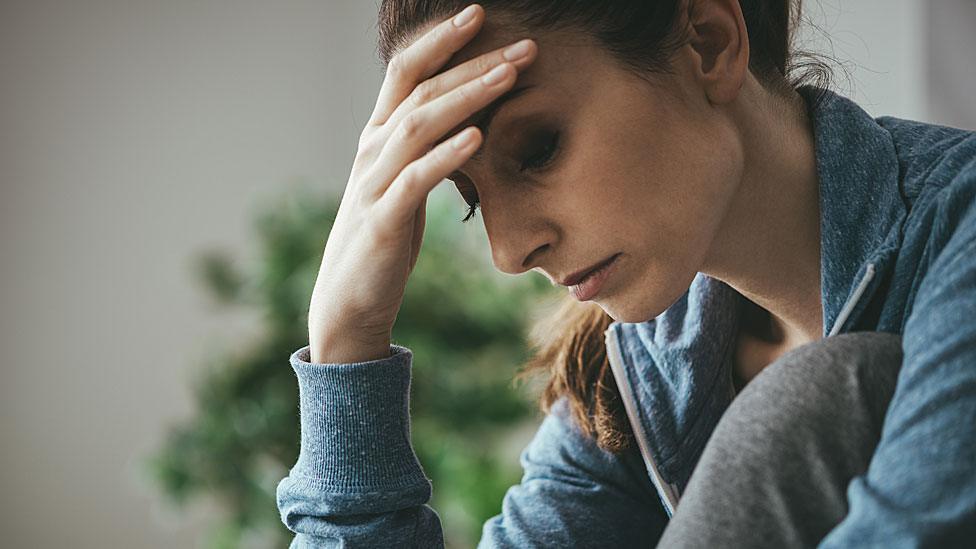Covid-19: Rise in suspected child abuse cases after lockdown
- Published
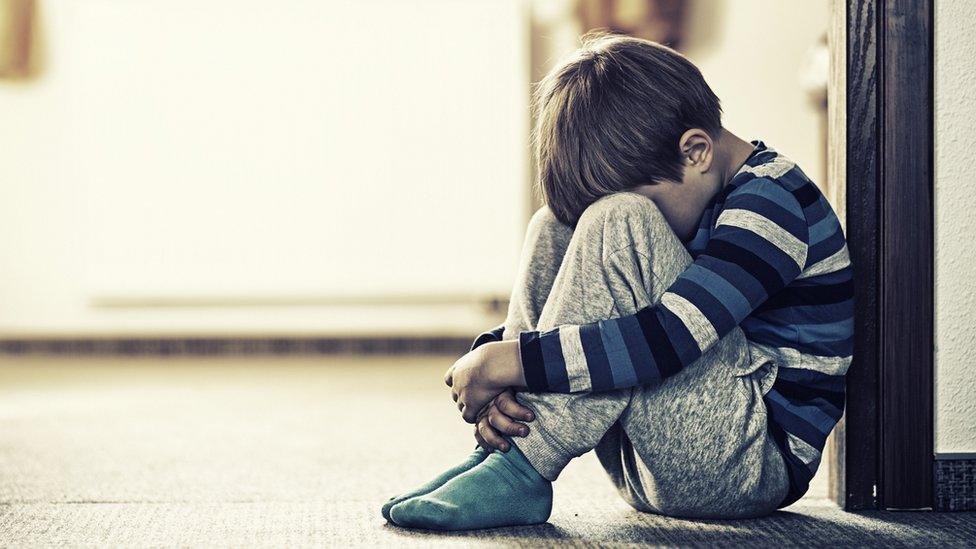
The number of reported incidents of children dying or being seriously harmed after suspected abuse or neglect rose by a quarter after England's first lockdown last year, figures indicate.
The Child Safeguarding Practice Review Panel received 285 serious incident notifications, external from April to September.
This is an increase of 27% from 225 in the same period the previous year.
The data also includes children who were in care and died, regardless of whether abuse or neglect was suspected.
The Children's Society described the figures as "shocking".
The serious incident notification system requires councils in England to report all incidents of death or serious harm involving children in their area to the Department for Education, which publishes the data.
They are also required to inform the education secretary and Ofsted if a looked-after child dies, regardless of whether they suspect abuse or neglect.
Child deaths increased from 89 to 119 and those seriously harmed rose from 132 with 153 compared with the same period in 2019, according to the data.
The number of serious incidents involving children under one increased by 30% as did the harm suffered by those aged 16 and over.
The majority (54%) of incidents related to boys, and almost two thirds related to white children.
In two-thirds of the 285 cases reported, the harm occurred while children were living at home.
The number of serious incident notifications had fallen in 2019-20 compared with 2018-19 when there were 274 such notifications.
'Hidden from view'
Iryna Pona, policy manager at the Children's Society, said the increase in incidents last year happened at a time when Covid-19 was having a "huge impact on the well-being of children and families and disrupted help available to those who needed it most".
England's first lockdown began at the end of March last year and ended on 4 July.
Ms Pona said: "During the first lockdown many vulnerable children were stuck at home in difficult, sometimes dangerous situations, often isolated from friends and support networks.
"Sadly, children also continued to be targeted and groomed by people outside their families for sexual and criminal exploitation like county lines drug dealing operations, which can lead to serious violence or death.
"At the same time, they were often hidden from view of professionals like social workers and teachers who are best placed to spot the signs if they may be in danger."
She added that in the current lockdown it was "vital" that social care and schools work together closely to ensure all vulnerable children, including those in care, have regular contact with a trusted professional.
A government spokeswoman said: "Every single incident of this nature is a tragedy and we are working to understand the impact the pandemic may be having.
"Throughout the past months, we have prioritised the most vulnerable children and their families and put in place support to protect babies.
"We've maintained vital frontline services because we know it has been a challenge for many, especially for new parents, and we've invested thousands of pounds in charities working with vulnerable children and their families.
"Today we have launched a wholescale review of children's social care to reform the system and think afresh about how we support the most vulnerable. This data will provide important information to the care review to help address major challenges."
- Published1 December 2020
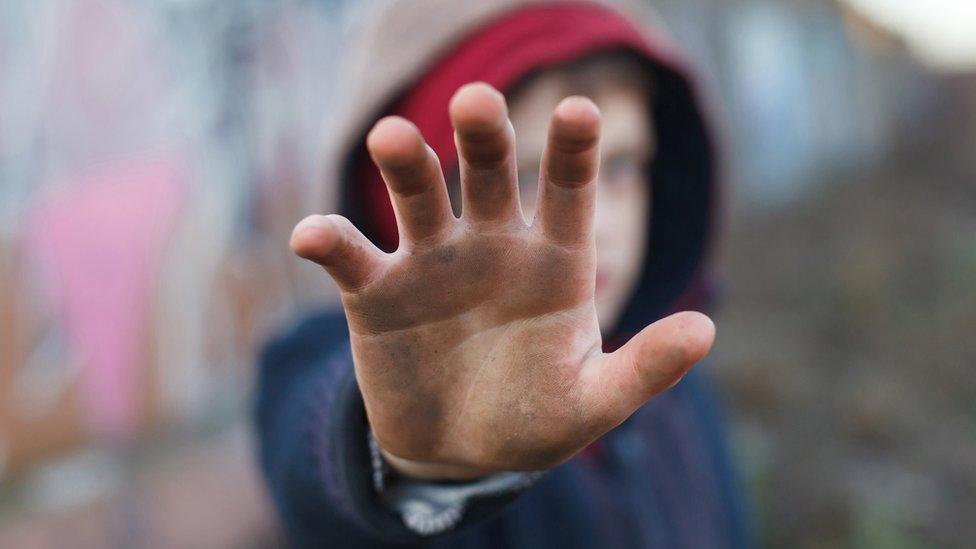
- Published16 September 2020
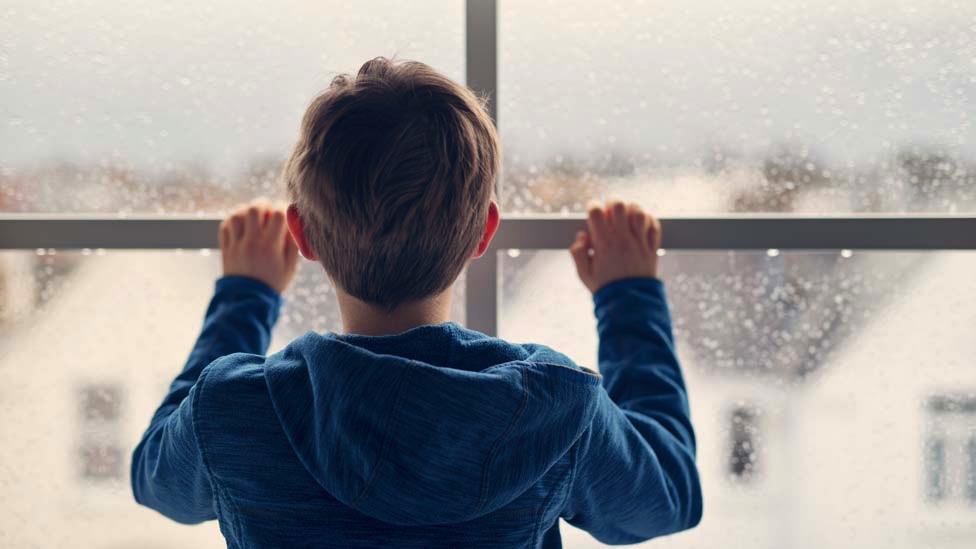
- Published29 April 2020
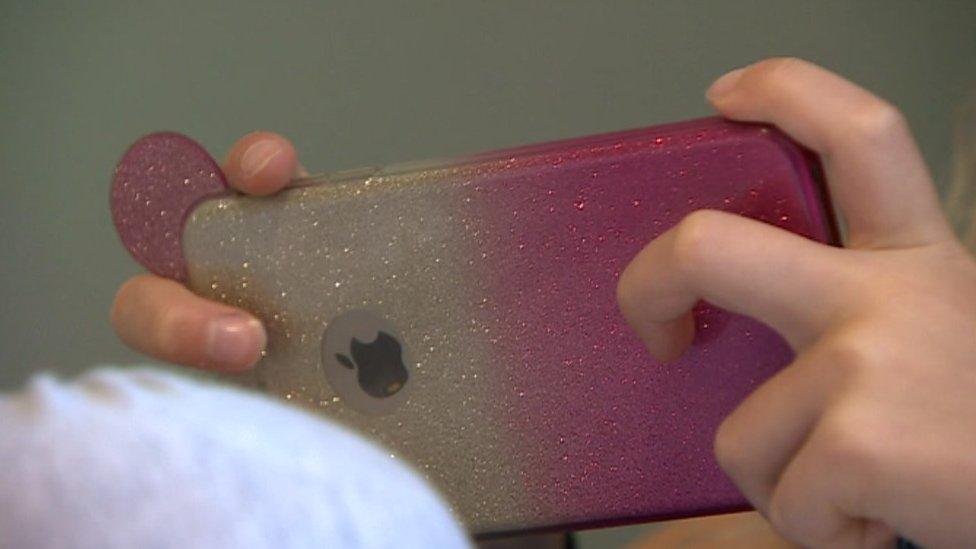
- Published5 November 2019
